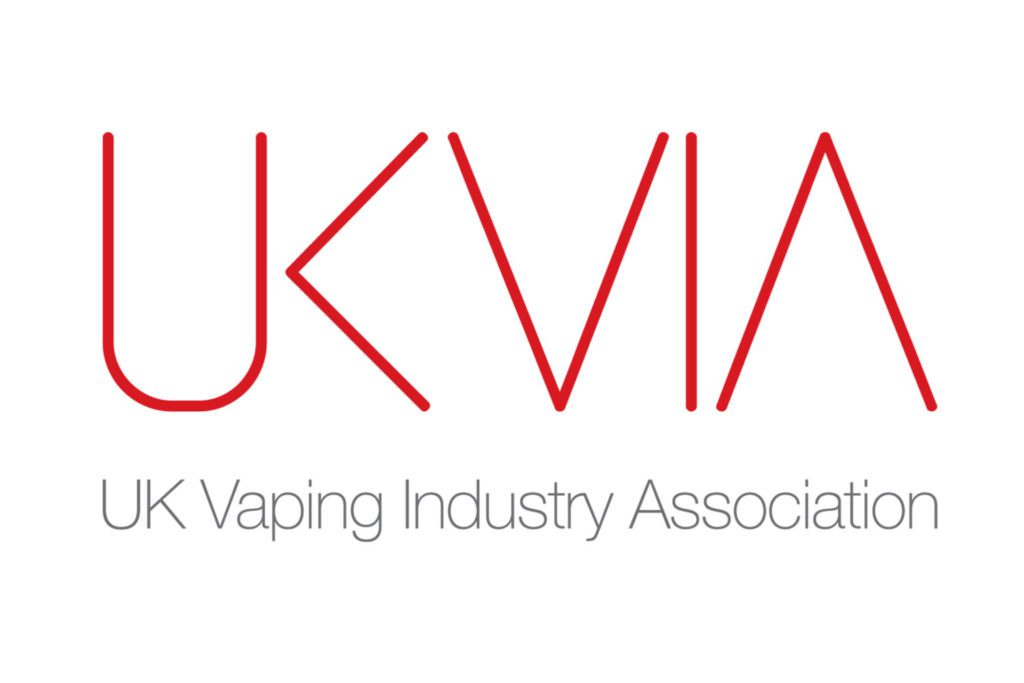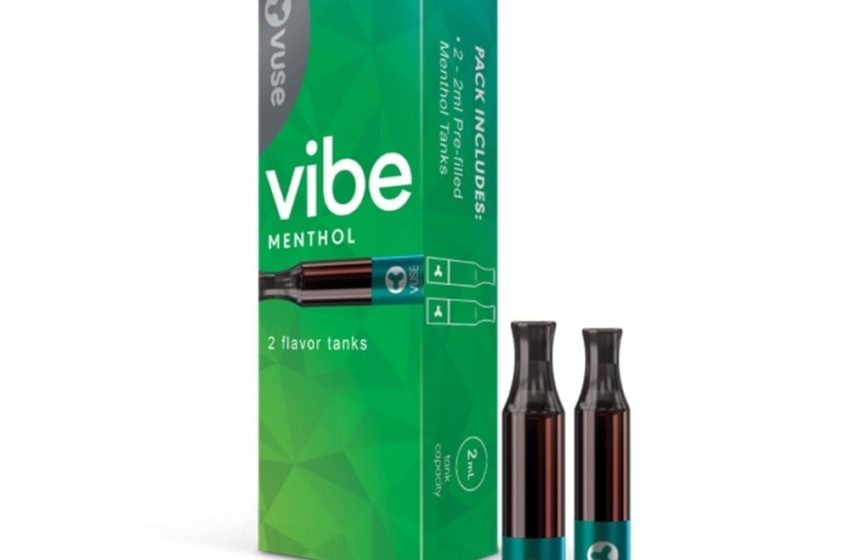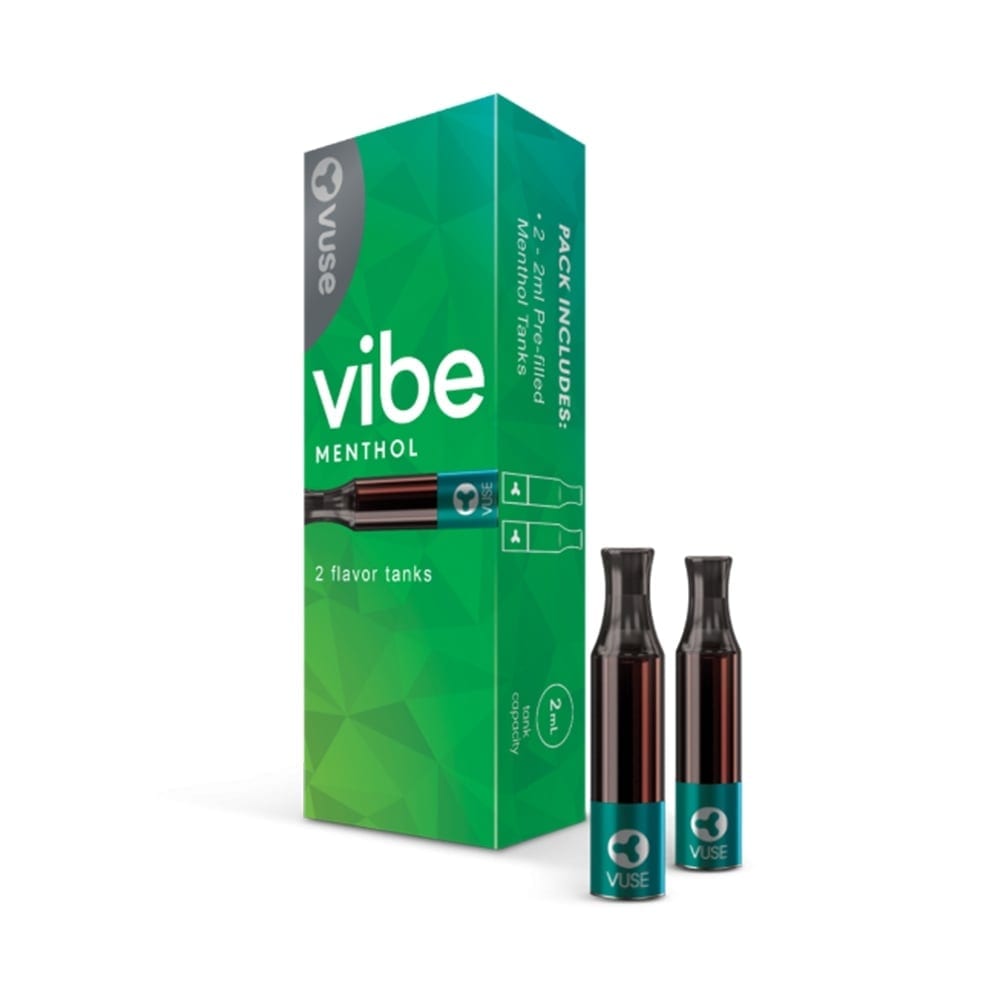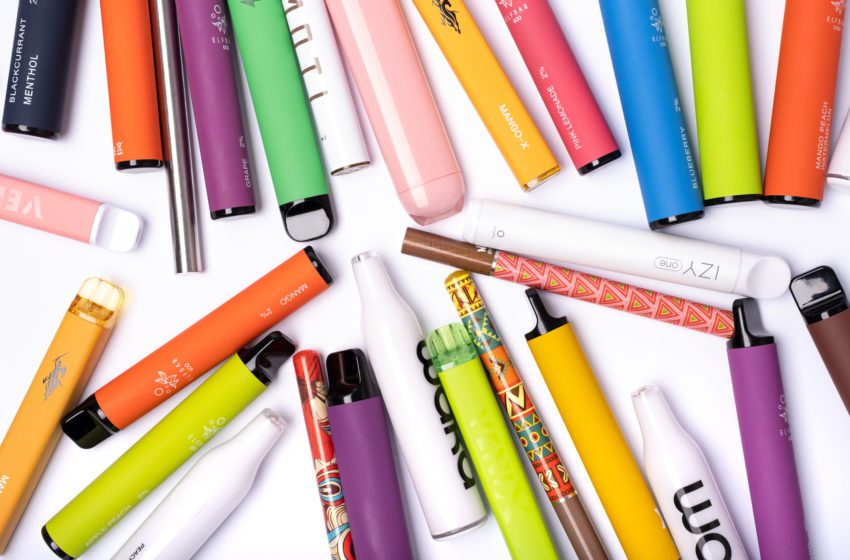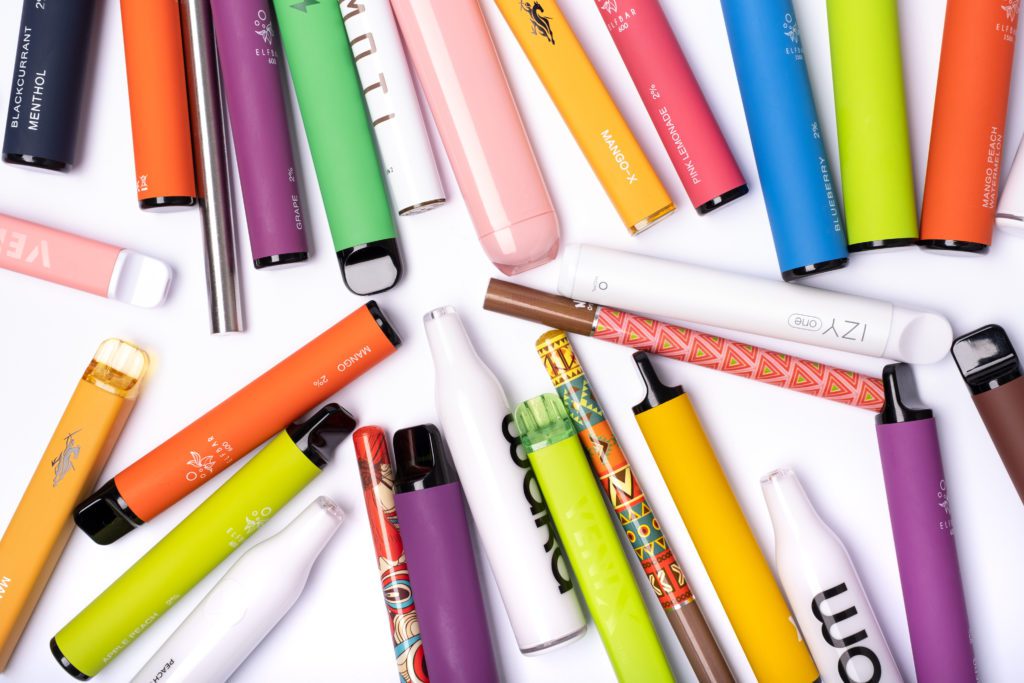British American Tobacco will appeal the U.S. Food and Drug Administration’s marketing denial orders for its Vuse Vibe Tank Menthol 3.0% and Vuse Ciro Cartridge Menthol 1.5%, the company announced in a statement.
On Jan. 24, the FDA denied marketing applications for two menthol refills used in Vuse Vibe and Vuse Ciro vaporizers, which are sold in the U.S. by BAT subsidiary R.J. Reynolds. According to the agency, Reynolds’ applications presented insufficient evidence to show that the potential benefit to adult smokers outweighs the risks of youth initiation and use.
“Reynolds intends to seek a stay of enforcement immediately and will pursue other appropriate avenues to allow Vuse to continue offering its innovative products to adult nicotine consumers age 21+ without interruption,” the company said.
“We believe that menthol vapor products are critical to helping adult smokers migrate away from combustible cigarettes. FDA’s decision, if allowed to go into effect, will harm, not benefit, public health.
“We remain confident in the quality of all of Reynolds’ applications, and we believe that there is ample evidence for FDA to determine that the marketing of these products is appropriate for the protection of public health.”
Anti-tobacco campaigners countered that menthol e-cigarettes appeal to underage consumers. “Existing evidence demonstrates that non-tobacco-flavored e-cigarettes, including menthol flavored e-cigarettes, have a known and substantial risk with regard to youth appeal, uptake and use; in contrast, data indicate tobacco-flavored e-cigarettes do not have the same appeal to youth and therefore do not pose the same degree of risk,” said Matthew Myers, president of the Campaign for Tobacco-Free Kids in a statement.
Morgan Stanley said it expected the rejected products to remain on the U.S. market for the duration of BAT’s appeal, with minimal impact on the company’s operations. “Longer term, should today’s denial order reflect a broader effort by the FDA to ban menthol e-cigarettes, BAT’s U.S. cigarette business could benefit given its menthol mix as it might discourage some smokers from quitting or switching to reduced risk products,” the bank wrote in a note to investors. Reynolds’ Newport brand represents about 40 percent BAT’s U.S. cigarette dollar sales, according to Morgan Stanley.
The Jan. 24 rejection of the Vuse refills underscores the FDA’s ongoing reluctance to approve menthol e-cigarette flavors. To date, the agency has approved only tobacco-flavored e-cigarettes.
However, the FDA has granted both a premarket tobacco product application and modified risk tobacco product designation to IQOS’s menthol variant, which may eventually leave Philip Morris International’s heat-not-burn product as one of the few menthol reduced-risk alternatives on the market.
The FDA is targeting publishing a final rule to ban menthol cigarettes in August 2023, but considering expected industry litigation, final implementation could be five to six years away, according to Morgan Stanley.




